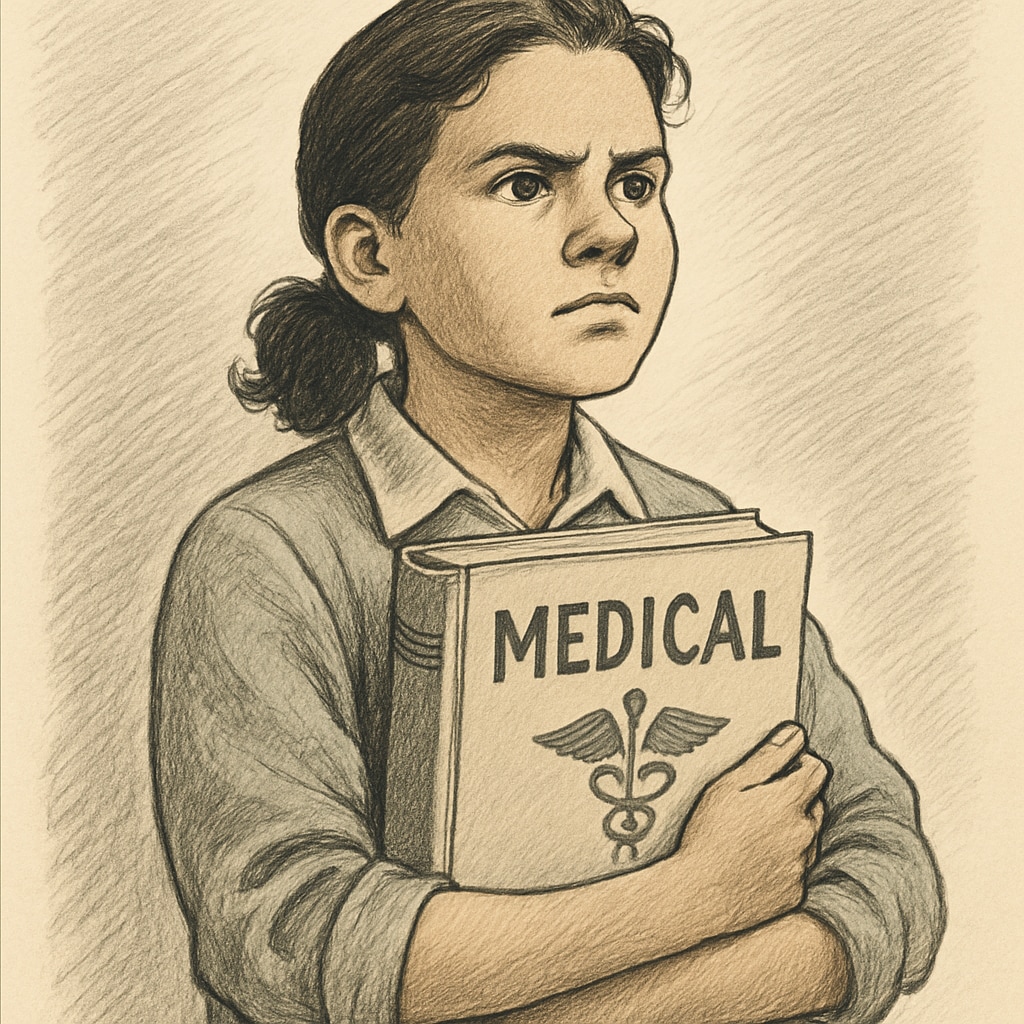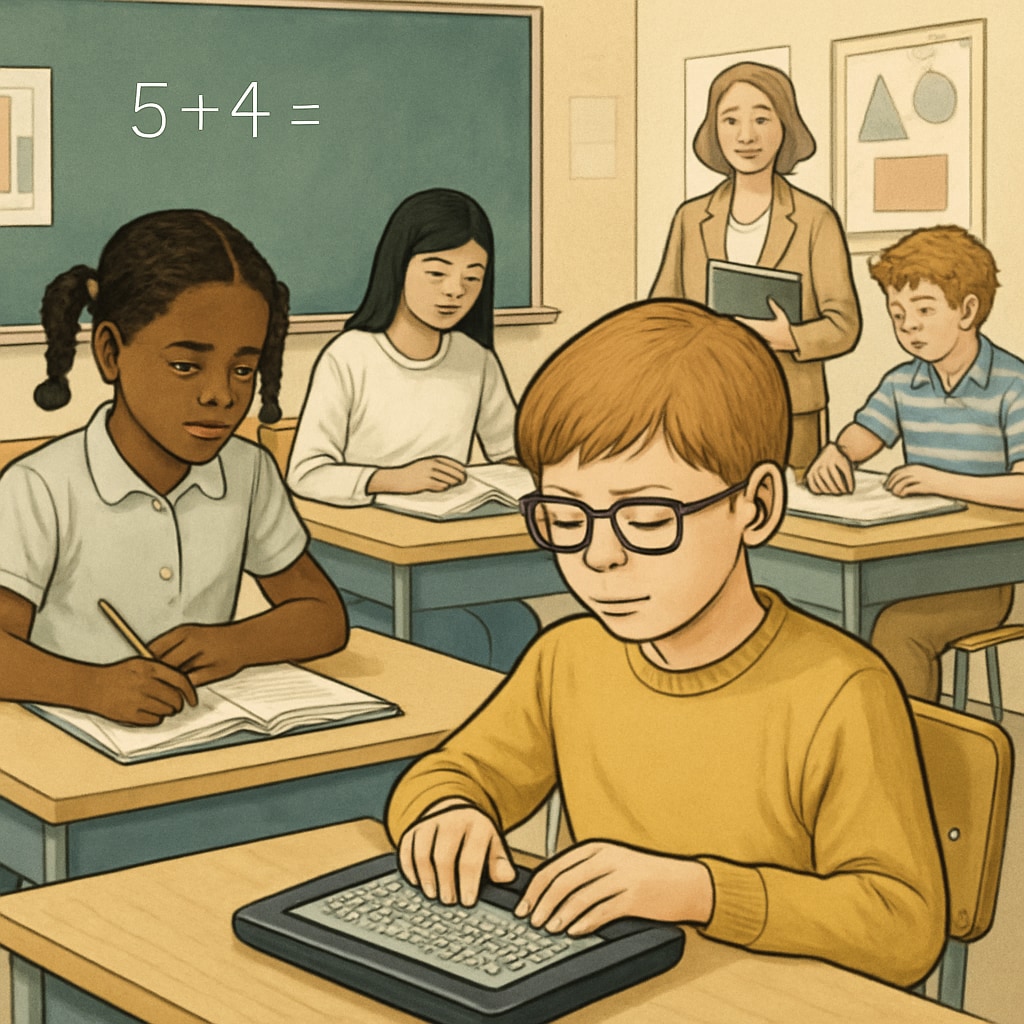Students with learning difficulties often find themselves at odds with the traditional education system, which is not designed to accommodate their unique needs. Despite these challenges, many aspire to achieve ambitious goals, such as becoming doctors. For these students, the journey can feel overwhelming, but with determination, support, and the right strategies, their medical dreams can become a reality.

Challenges Faced by Students in an Imperfect Education System
While the education system aims to provide equal opportunities, it often falls short for students with learning difficulties. These challenges include:
- Lack of Individualized Support: Most schools operate on a one-size-fits-all model, leaving students with special needs under-supported.
- Limited Teacher Training: Many educators lack the skills to identify or address learning challenges effectively.
- Inaccessible Resources: Advanced programs and extracurricular opportunities often exclude students with learning difficulties, creating unequal access.
As a result, students may struggle with self-esteem, academic performance, and long-term career planning. For those with aspirations to enter the demanding medical field, these barriers can feel insurmountable.
Strategies for Overcoming Learning Barriers
Despite the obstacles, students with learning difficulties can adopt several strategies to stay focused on their medical career dreams:
- Advocate for Individualized Education Plans (IEPs): IEPs are designed to provide tailored support for students, ensuring their needs are addressed.
- Utilize Assistive Technology: Tools like text-to-speech software and organizational apps can help streamline learning processes.
- Seek Mentorship: Connecting with a mentor in the medical field can provide guidance, motivation, and practical advice.
- Break Goals into Smaller Steps: Setting manageable milestones, such as mastering specific subjects or gaining internship experience, can make the journey less daunting.

A Call for Systemic Change
While individual strategies are crucial, systemic changes are necessary to create a truly inclusive education system. Policymakers, educators, and institutions must collaborate to:
- Expand funding for special education programs.
- Offer specialized training for teachers to address learning difficulties.
- Ensure access to advanced courses and extracurricular activities for all students.
For example, initiatives like Universal Design for Learning (UDL) emphasize flexible teaching methods that cater to diverse learners. Such approaches can significantly benefit students with aspirations in demanding fields like medicine.
Ultimately, achieving educational equity is not just about accommodating students with learning challenges but empowering them to thrive in their chosen careers.
Encouraging Resilience on the Path to Medicine
For students seeking to become doctors despite learning difficulties, resilience is key. Success stories like those of Dr. Temple Grandin, who overcame autism to revolutionize animal science, demonstrate the power of perseverance. Similarly, students can find inspiration in their unique experiences and use them to drive their ambitions.
As the medical field increasingly values diversity and empathy, individuals who have overcome personal challenges are uniquely equipped to bring fresh perspectives to patient care.
In conclusion, while the education system may not be perfect, students with learning difficulties have the ability to overcome obstacles and achieve their medical dreams. By advocating for systemic change, leveraging available resources, and fostering resilience, these aspiring doctors can turn their challenges into strengths.


